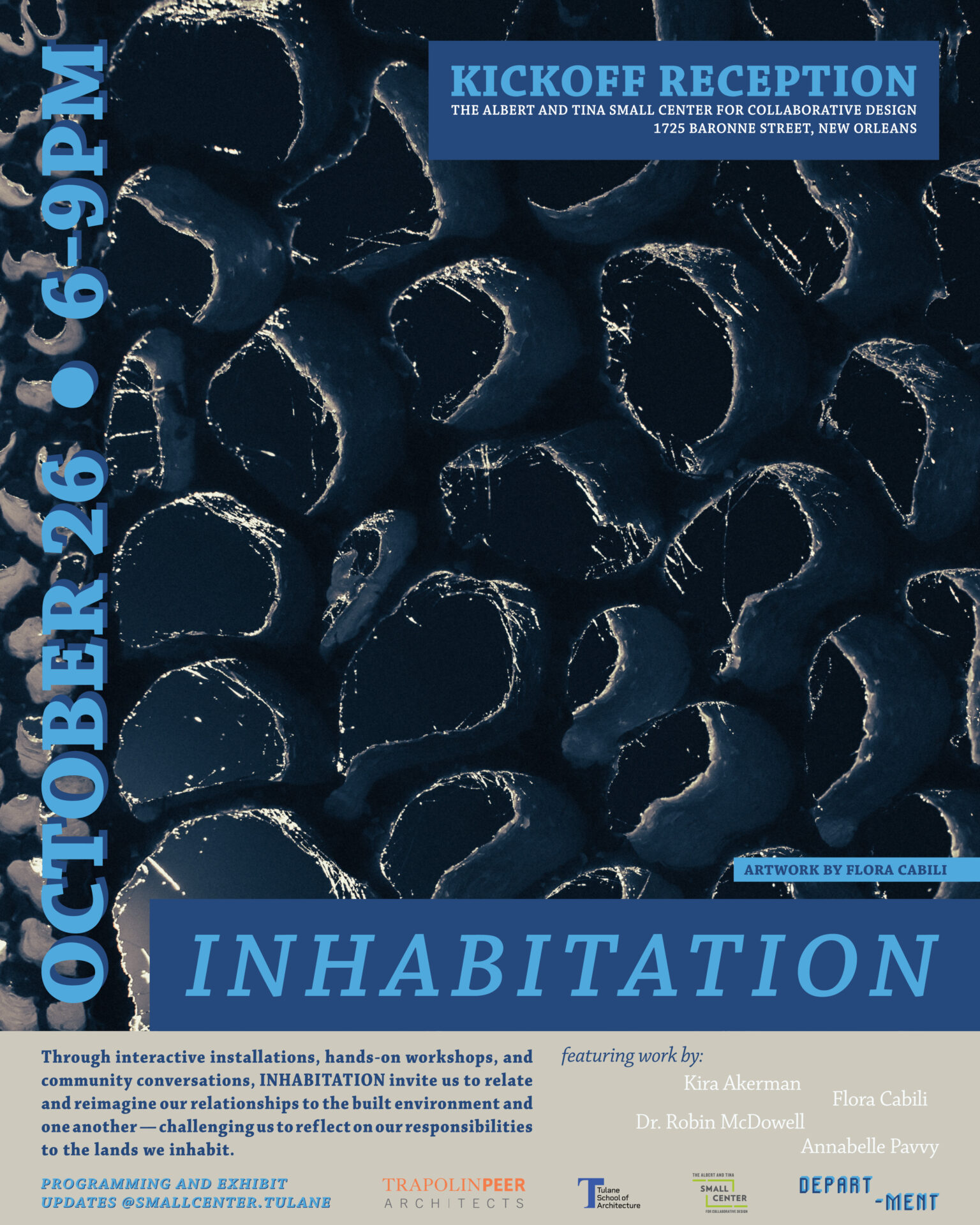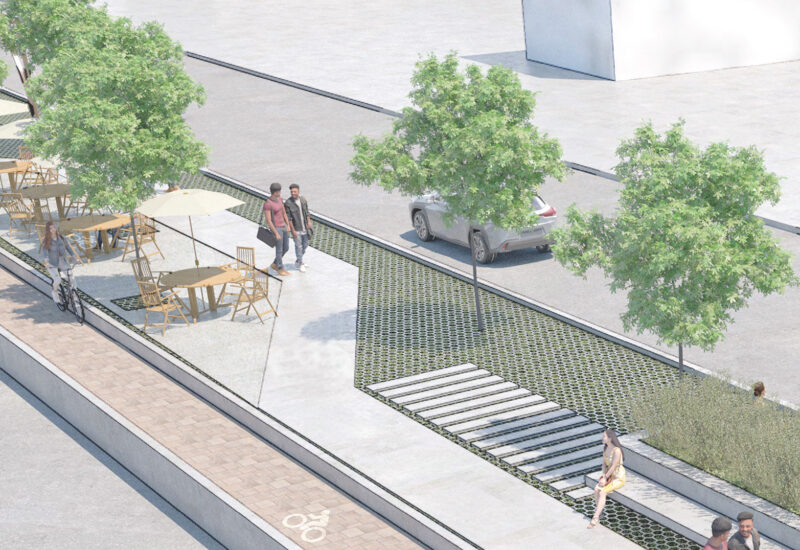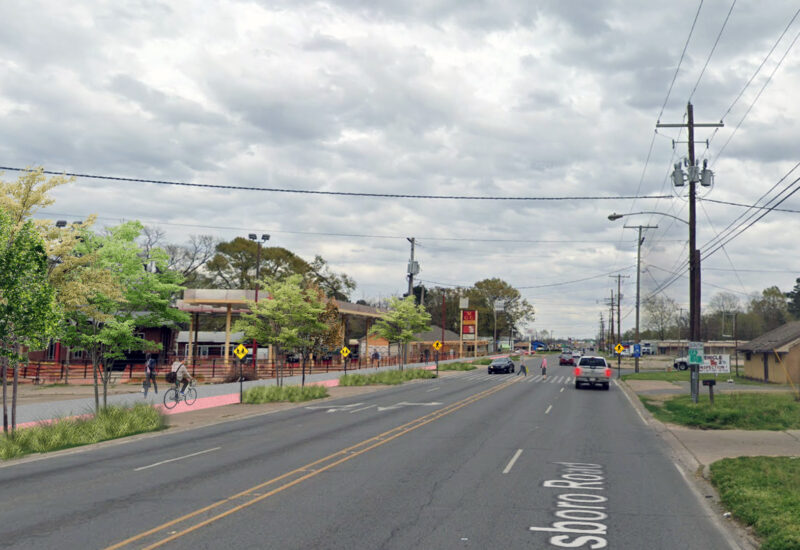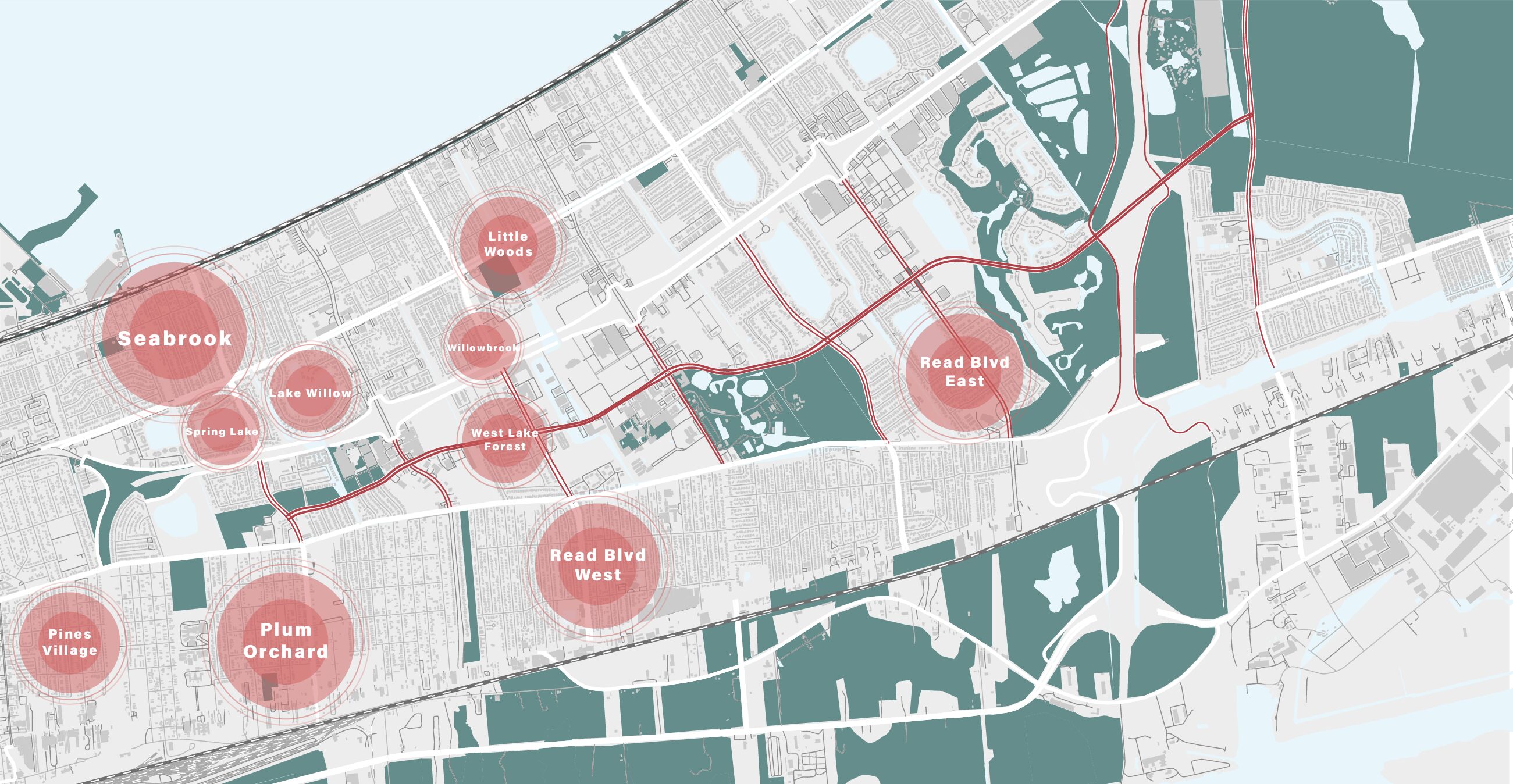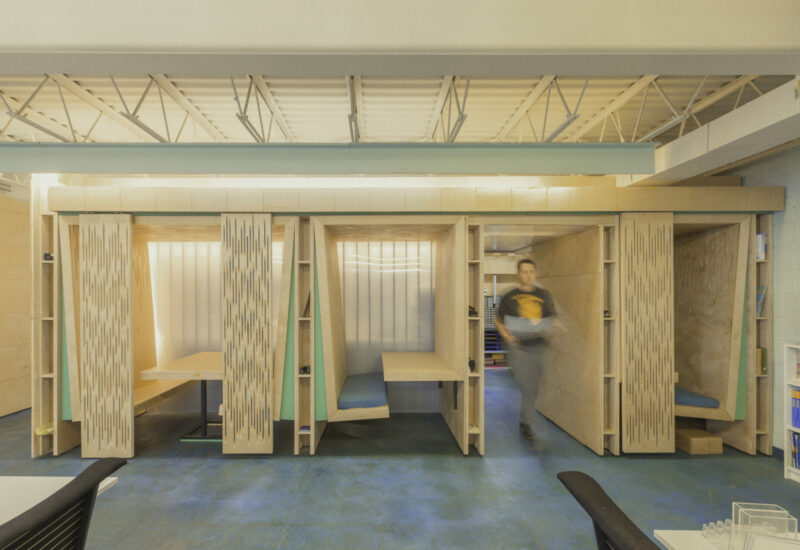News October 24, 2022
DEPART-MENT Fall 22 Kickoff Reception
Come meet the artists and learn about upcoming programming!
“While colonization and slavery were also driven by capitalist rationales, these processes were above all based on a colonial worldview that invented a hierarchy between races and different lands of the globe.
In the colonial era, the lands of the Americas were subordinated to the lands of Europe. They were seen as a means of keeping shareholders happy, and this legitimized any practice. Even measures to protect the fertility of the land were ultimately aimed at maintaining its exploitation. These lands were thought of as different from those of France. It was a violent and misogynistic process, an awful way to inhabit the earth promoted by the colonizer for whom other human beings were dehumanized and for whom colonised lands and the non-humans that inhabited them mattered less than his desires. This is what I call ‘colonial habitation’. Colonial habitation is a violent way of inhabiting the earth, subjugating lands, humans, and non-humans to the desires of the colonizer.”
— Malcolm Ferdinand
Built on the Small Center ethos that all of us should have the power to shape the places, we live, work and play, DEPART-MENT brings together creative doers and dedicated scholars to encourage us to zoom in and out of our environments, to contextualize our histories and realities, and to make space for new visions of our futures to emerge.
INHABITATION, our fall 22 exhibit, brings to center the impact fossil fuels — and the means through which we have sourced and processed them — have had on our ecosystems and our bodies. Through thoughtful engagement with material byproducts of extraction — such as archival film, chemical pigments, plastics, and expanded polystyrene foam — DEPART-MENT residents Kira Akerman and Flora Cabili (alongside other collaborators) attempt to move away from the concept of “colonial habitation” that theorist Malcolm Ferdinand writes about, wherein land and people are seen as disposable resources. Through interactive installations, hands-on workshops, and community conversations, INHABITATION invites us to relate and reimagine our relationships to the built environment and one another — while challenging us to reflect on our responsibilities to the lands we inhabit.
Kira Akerman is an educator and documentary filmmaker, and her forthcoming film, Hollow Tree, is about three young women coming of age in the climate crisis. Her installation derives from the film and alludes to 18th and 19th century colonial projects that resulted in manipulation of Louisiana’s landscape. Throughout the course of her residency at the Small Center, other participants featured in Hollow Tree will contribute to the exhibition and workshops. Dr. Robin McDowell is a featured expert in the film and will exhibit her mixed media artworks that envision Black history as a chemical and geological churning. It is a resistant reading of the reports and travelogs of white scientists and a subversion of historically rooted horrors of numeracy. Using soil, clay, silt, rock salt, and carbon byproducts from sites in south Louisiana, these artworks reclaim stories trapped within extracted minerals themselves. Annabelle Pavy, one of the protagonists in the film, will exhibit woodcuts of an extracted cypress tree.
Flora Cabili is an educator and interdisciplinary artist who explores storytelling through themes of origin, assembly, and dislocation. In DEPARTURE, Flora’s solo show last April, she showcased work with found materials. Notably, found styrofoam, or more accurately, Extracted Polystyrene foam. Her work to understand these materials and how to shape them in order to reconsider their nature, is Flora’s entry point in conceptualizing the impact of oil extraction in Louisiana. This immersive installation will showcase recycled materials and mixed media works that allow us to examine the materiality of our relationship with petroleum byproducts. By adapting, and manipulating these materials without transforming them how can we reconsider their nature and the manipulation of nature? During the course of the DEPART-MENT Fall residency, she along with fellow community members will hold workshops to engage folks across generations in collective learning and artmaking.
